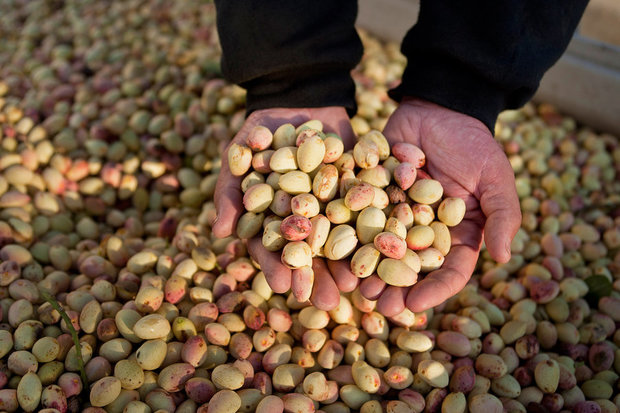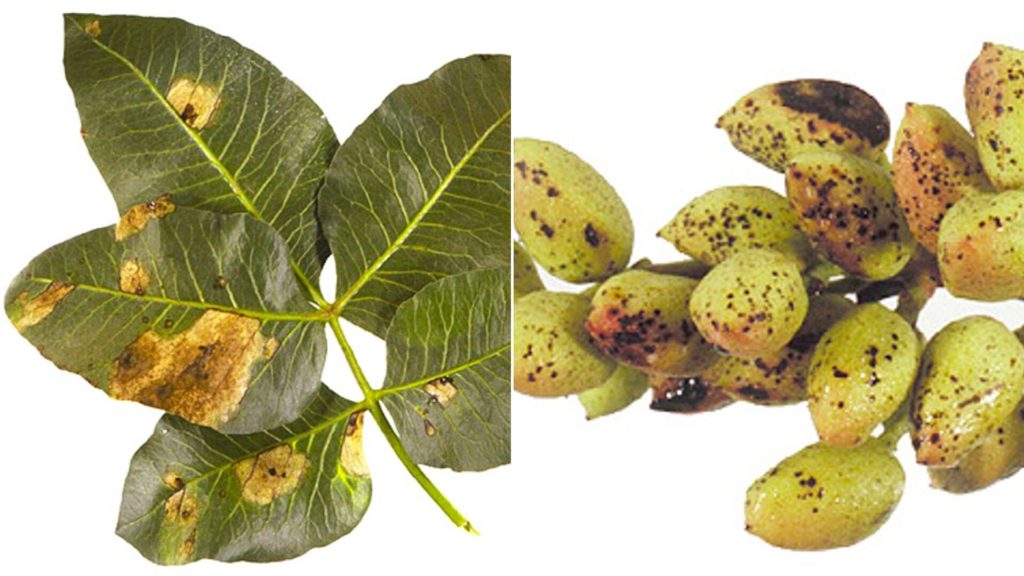
Pistachios are one of the most popular nuts worldwide, cherished for their rich flavor, health benefits, and economic importance. However, like any crop, pistachio trees are susceptible to various diseases that can significantly impact yield and quality. Understanding these ailments and how to prevent or manage them is crucial for growers, traders, and consumers alike.
Common Pistachio Diseases
1. Pistachio Leaf Spot Disease (Phytophthora or Bacterial Leaf Spot)
This disease manifests as dark, necrotic lesions on leaves, leading to premature defoliation. The reduced photosynthesis hampers tree growth and nut development. Proper orchard sanitation, resistant varieties, and timely fungicide applications are essential in controlling this disease.
2. Root Rot (Phytophthora spp.)
Often caused by excessive moisture and poor drainage, root rot leads to wilting, yellowing leaves, and eventual tree death if untreated. Preventive measures include well-drained soil, controlled irrigation, and soil treatments with resistant treatments or fungicides.
3. Anthracnose (Colletotrichum spp.)
This fungal disease causes dark sunken spots on fruit and twigs, resulting in fruit rot and reduced harvest quality. Regular fungicide sprays, pruning infected parts, and maintaining good airflow around trees are vital for management.
4. Rust and Other Fungal Leaf Diseases
Symptoms include yellow or orange pustules on leaves, which can weaken the tree and reduce nut yield. Using resistant varieties and applying appropriate fungicides can help keep these diseases at bay.

5. Insect Infestations and Pest Diseases
Pests like navel orangeworm, aphids, and scale insects also pose threats to pistachio health. They damage leaves, nuts, and can transmit diseases. Integrated pest management (IPM) strategies, including biological controls and appropriate chemical treatments, are recommended.
Prevention and Management Tips for Healthy Pistachio Orchards
- Conduct regular orchard inspections for early disease detection.
- Select resistant or tolerant varieties whenever possible.
- Practice proper irrigation techniques to avoid excess moisture.
- Maintain good sanitation by removing fallen leaves and diseased debris.
- Use appropriate fungicides and insecticides as per recommended schedules.
- Implement crop rotation and soil health practices to prevent soil-borne diseases.
Looking to Buy Quality Pistachios?
If you’re interested in purchasing high-quality pistachios, whether for personal consumption or commercial use, we can help! Contact us via WhatsApp at 0989214773705. Send a message to Mr. ravanshad, and we’ll provide you with the best selection of pistachios tailored to your needs.

